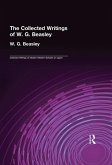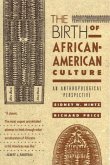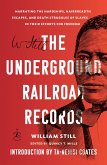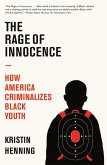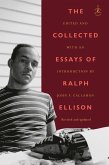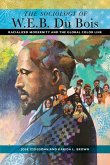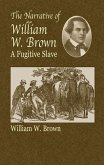Maria W. Stewart was one of Boston's most prominent lecturers on abolition and women's rights, passionately condemning the institution of slavery while calling attention to the racism faced by free African Americans living in the north. This collection places some of her best-known speeches alongside her highly regarded meditations, personal reflections on life as a Black woman in nineteenth century America.
Dieser Download kann aus rechtlichen Gründen nur mit Rechnungsadresse in A, D ausgeliefert werden.



